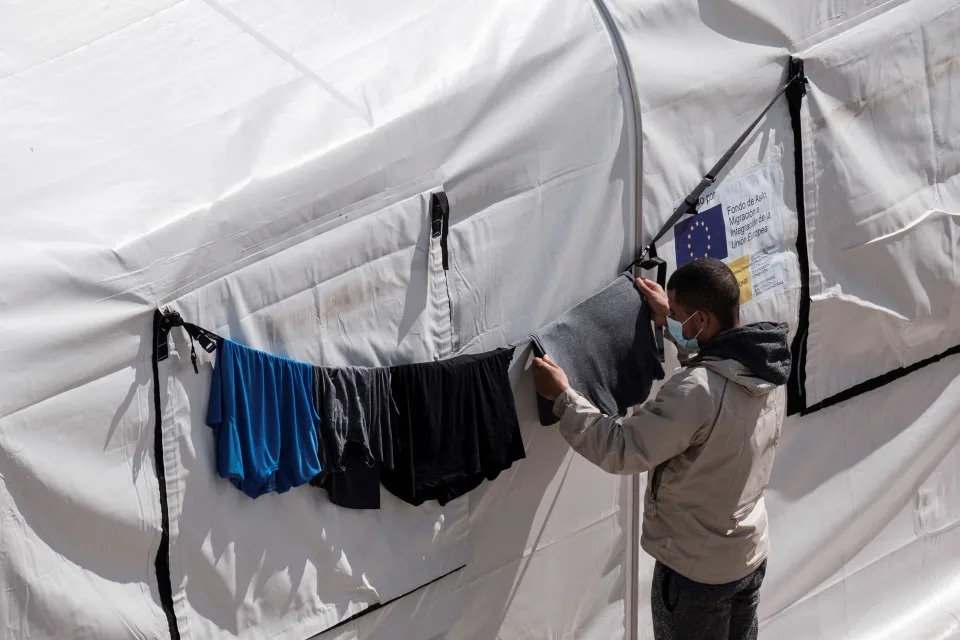Some of the most striking corruption scandals uncovered in Europe during 2021 were related to the pandemic and “privileged access” to public contracts, the Council of Europe body denounced this Thursday who studies corrupt practices.
The Group of States against Corruption (Greco) of the Council of Europe today proposed transparency, supervision and accountability to address and prevent political corruption in the face of social weariness due to the new cases arising throughout 2021.
“Society is increasingly jaded and those responsible for the scandals are becoming more impervious to the brief public embarrassment that can follow such revelations,” said El Greco president Marin Mrcela, presenting the body’s annual report.
Greater transparency and accountability before the Justice “can strengthen public trust in political systems, public administration and, in fact, in democracy,” according to Mrcela.
The report recommends “firm and effective preventive measures”, as El Greco proposes in his national follow-up reports on the fight against corruption.
In fact, “corruption scandals appear with discouraging regularity in the media, often due to the risks already identified by El Greco that end up materializing,” the document acknowledges.
For the agency, corruption undermines the rule of law and the protection of human rights, in addition to diverting funds and eroding confidence in democracy. “Corruption makes our societies less fair and less equal,” he says.
CORRUPTION IN CONTRACTS DUE TO THE PANDEMIC
Some of the most high-profile scandals of the past year were related to pandemic lobbying and “privileged access to government contracts facilitated by so-called ‘lobbying’.
Although lobbying is a legitimate activity, El Greco is committed to increasing its transparency “so that citizens know the actors who seek to influence political decisions and to reduce the risk of corrupt practices.”
Such greater transparency “can strengthen public trust in political systems,” said Mrcela, president of the Croatian Supreme Court. “This public trust has been tested at times to the limit in 2021,” he acknowledged.
The report adds that corruption also affects sport. “The lack of integrity in sport erodes the values that are at the heart of the sport movement, such as respect, equality, fairness and trust,” he says.
But the risk of bribery is also found in medicine, research and development of new products. For this reason, El Greco urges effective protection of whistleblowers.
The report pays tribute to investigative journalism, noting that “it is vital that the authorities respect the freedom of the media and that those who behave corruptly pay the price of corruption, and not those who report it.”
El Greco is finishing his fourth round of evaluation on the prevention of corruption in the action of parliamentarians, judges and prosecutors. In December he will approve a follow-up report on Spain, which only has the reform of the election of the General Council of the Judiciary (CGPJ) pending.
Asked about this in a meeting with journalists, Mrcela recalled that several countries have the same problem and that “the members of the CGPJ have to be chosen by the judges.”
In the fifth round of evaluation (Central Executives and Security Forces and Bodies), El Greco detected in March that Spain has pending total or partial compliance with the 19 recommendations formulated. “A poor result”, according to Mrcela.
In the 46 countries of the Council of Europe, the recommendations of the fifth evaluation “progressed slowly”, according to the report.
Mrcela trusted that the EU, which has had Greco’s observer status since 2019, will soon become a member of the Council of Europe’s anti-corruption body.

